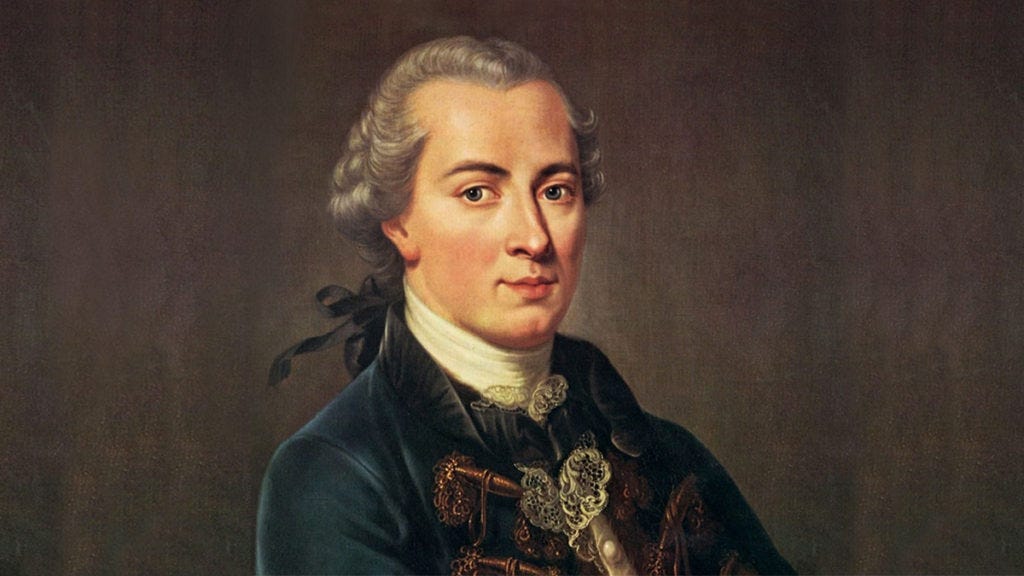Kant, India, and Pakistan: Can Perpetual Peace Emerge?
The Shadow of Conflict in South Asia
The relationship between India and Pakistan remains one of the most volatile and strategically significant in the world. Decades of conflict, rooted in historical grievances and contested territories like Kashmir, have led to wars, proxy wars, and an ever-present threat of escalation, including the use of nuclear weapons. Achieving lasting peace seems a distant dream, yet the urgency of finding a solution grows with each passing day.
Immanuel Kant's Vision of Perpetual Peace
Immanuel Kant, the 18th-century Prussian philosopher, offered a radical vision for a world without war. His essay, "Perpetual Peace: A Philosophical Sketch," outlines conditions and principles that, if followed, could lead to a state of lasting peace between nations. Kant believed that states should operate under a framework of international law, republican governments, and a federation of free states, ultimately leading to a "cosmopolitan right," where the rights of all individuals are protected regardless of their nationality.
His emphasis on reason, morality, and the establishment of a league of nations, resonates deeply with modern peacebuilding efforts.
Applying Kantian Principles to the India-Pakistan Conflict
Could Kantian principles offer a path toward peace in South Asia? Let's consider some key aspects:
The Role of Republicanism and Democratic Governance
Kant argued that republican states, with their emphasis on citizen participation and the rule of law, are less likely to engage in aggressive warfare. Both India and Pakistan are democracies (though with varying degrees of stability). Strengthening democratic institutions, promoting good governance, and ensuring respect for human rights within both countries are crucial first steps. The existence of a free press and civil society can play a pivotal role in exposing and countering war rhetoric. The core principles of Republicanism are discussed in detail in the following video: Kantianism and Perpetual Peace.
International Law and Treaties
Kant championed the importance of international law and binding treaties to regulate relations between states. India and Pakistan could strengthen existing agreements, such as the Indus Waters Treaty, and expand cooperation on issues such as trade, environmental protection, and cultural exchange. This also includes an international framework and arbitration concerning Kashmir and other sensitive regions.
The Federation of Free States (A League of Nations)
Kant envisioned a "league of nations" where states would voluntarily submit to the authority of international law and resolve disputes through peaceful means. While a formal South Asian federation might be unrealistic in the short term, regional cooperation through organizations like SAARC, though currently stalled, could be revitalized. A regional approach could promote economic development and foster a sense of shared identity.
The Importance of Moral Principles and Ethical Behavior
Kant's philosophy emphasizes the importance of ethical behavior in international relations. This means that leaders and citizens must prioritize the common good over narrow national interests. Building trust, promoting empathy, and fostering a shared understanding of each other's histories and perspectives are essential
"Perpetual peace is not a dream, and not a utopia, but the ultimate goal of human history," - Immanuel Kant.
Challenges and Obstacles
Applying Kantian principles in this context is not without its challenges. The unresolved Kashmir dispute, the role of non-state actors, and the persistent distrust between India and Pakistan pose significant obstacles. The rise of nationalism and religious extremism, in particular, works against the spirit of cooperation and compromise that Kant's vision requires.
The Hope for a Kantian Future
While the path to perpetual peace in South Asia is undeniably difficult, Kant's philosophy offers a powerful framework for moving forward. By embracing democratic principles, strengthening international law, fostering regional cooperation, and prioritizing ethical behavior, India and Pakistan could gradually move towards a more peaceful and prosperous future. It requires commitment, courage, and a willingness to put the well-being of future generations above narrow political interests. Though a full Kantian perpetual peace may not be achieved immediately, the pursuit of its ideals offers a roadmap toward greater stability and cooperation in this crucial region.




